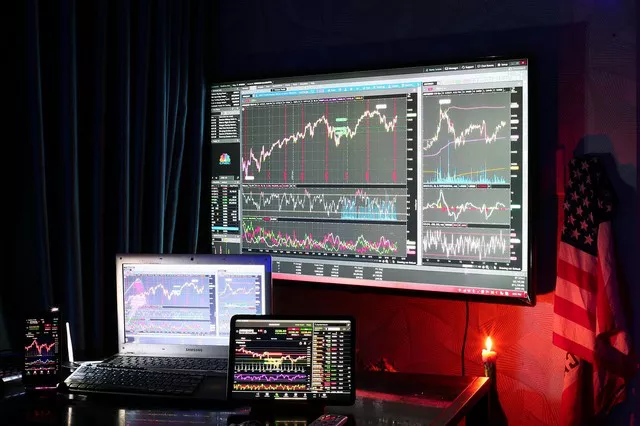Futures trading is a significant component of global financial markets, offering opportunities for investors and speculators to profit from price movements in various assets, including commodities, currencies, and financial instruments. However, understanding when you can trade futures is crucial, as it involves specific trading hours, sessions, and considerations.
Understanding Futures Trading Hours
Futures markets operate within specific trading hours, which vary depending on the type of asset being traded and the futures exchange on which it is listed. It’s essential to know these trading hours to participate effectively in futures trading.
Regular Trading Hours (RTH)
Most futures contracts have regular trading hours, which typically coincide with the regular business hours of the underlying market. For example, futures contracts tied to stock indices often follow the trading hours of the underlying stock exchange. Here are some common examples:
Equity Index Futures: These contracts often have trading hours that mirror the stock market’s regular trading hours, from 9:30 AM to 4:00 PM Eastern Time (ET) in the case of the U.S. stock market.
Agricultural Commodities: Trading hours for agricultural futures contracts, such as those for corn or wheat, are influenced by the hours during which the corresponding commodity markets operate.
Currency Futures: Currency futures typically follow the trading hours of the forex (foreign exchange) market, which operates around the clock, five days a week, with some minor gaps.
Extended Trading Hours (ETH)
In addition to regular trading hours, many futures markets offer extended trading hours, allowing participants to trade outside standard business hours. These extended hours can provide increased flexibility and opportunities for traders. Extended trading hours can include pre-market and after-hours sessions.
Pre-Market Trading: Pre-market trading occurs before the regular trading session begins and typically starts a few hours before the regular market open. It allows traders to react to news and events that may impact the market.
After-Hours Trading: After-hours trading takes place after the regular market closes and can extend late into the evening. It provides an opportunity for traders to respond to developments that occur after the market close.
Globex Trading Hours
The Globex trading platform, operated by the Chicago Mercantile Exchange (CME), offers electronic trading in a wide range of futures contracts, including stock index futures, interest rate futures, and commodity futures. Globex has extended trading hours, making it a popular choice for traders seeking to access futures markets around the clock. It operates from Sunday evening through Friday evening, with brief daily shutdowns for maintenance.
Factors Influencing Trading Hours
Several factors influence the trading hours of futures markets:
Underlying Asset: The trading hours of futures contracts are often linked to the hours of the underlying market. For example, futures tied to stock indices follow the stock exchange’s hours.
Global Nature: Some futures markets, like currency futures, are highly global and operate around the clock due to international demand.
Exchange Rules: Each futures exchange establishes its own trading hours, taking into account the type of asset being traded, market participants’ preferences, and technological capabilities.
Liquidity: Liquidity tends to be higher during regular trading hours when market participants are most active. Extended trading hours may have lower liquidity and wider spreads.
Trading Futures Across Time Zones
One of the unique aspects of futures trading is its ability to span multiple time zones. This can create opportunities and challenges for traders:
Overlapping Sessions: Futures markets can experience periods of overlapping sessions when both regular and extended trading hours are active. This overlap can result in increased volatility and trading activity.
Time Zone Differences: Traders need to be aware of time zone differences between their location and the exchange where they are trading. This is particularly relevant for traders in different parts of the world.
Conclusion
Understanding when you can trade futures is essential for effectively participating in these dynamic markets. Futures trading hours can vary based on the asset being traded, the exchange hosting the contract, and the presence of extended trading sessions. Traders should carefully consider their trading goals, strategies, and time availability when selecting the most appropriate futures markets and trading hours. Additionally, staying informed about factors that influence trading hours, such as underlying asset characteristics and exchange rules, is crucial for success in futures trading.

